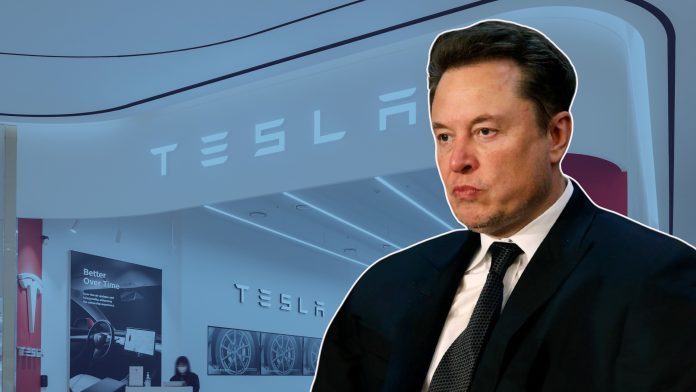Tesla finds itself in a pressing situation once again. On January 7, the National Highway Traffic Safety Administration (NHTSA) launched a new investigation into 2.6 million Tesla vehicles.
The new investigation follows shortly on the heels of a probe in October surrounding Tesla’s Full Self-Driving (FSD) software after reports of multiple collisions, including one fatal crash in 2023. In addition, in December 2023, the automaker recalled more than 2 million U.S. vehicles to install safety updates to its highly criticized Autopilot advanced driver-assistance system.
The latest investigation is a preliminary evaluation of Tesla’s Actually Smart Summon feature, which allows owners to move their cars remotely. There were four collisions involving Tesla vehicles in which the vehicle could not detect posts, parked cars, and other obstacles when operating the remote function.
In the earlier iterations of this autonomous feature, car owners could only move their cars into or out of a parking spot. The most recent rollout, Actually Smart Summon, allows Tesla owners to summon their vehicles or relocate them using an app remotely.
The probe will cover the following vehicles that have the FSD driver assistance system:
- 2016-2025 Model S
- 2016-2025 Model X
- 2017-2025 Model 3
- 2020-2025 Model Y
The NHTSA’s preliminary evaluation is crucial, as it will decide if the investigation should advance to a more thorough analysis of the software’s engineering prior to a possible recall.
Tesla was recently labeled the “most dangerous car brand” in America, and a study from iSeeCars revealed that automakers had a higher rate of fatalities per vehicle mile than the average of the entire industry.
Musk’s vision for a fully autonomous driving future and robotaxis appears grim. This unfortunate series of events has been the subject of heightened criticism from industry professionals, auto safety regulators, and the general public.




